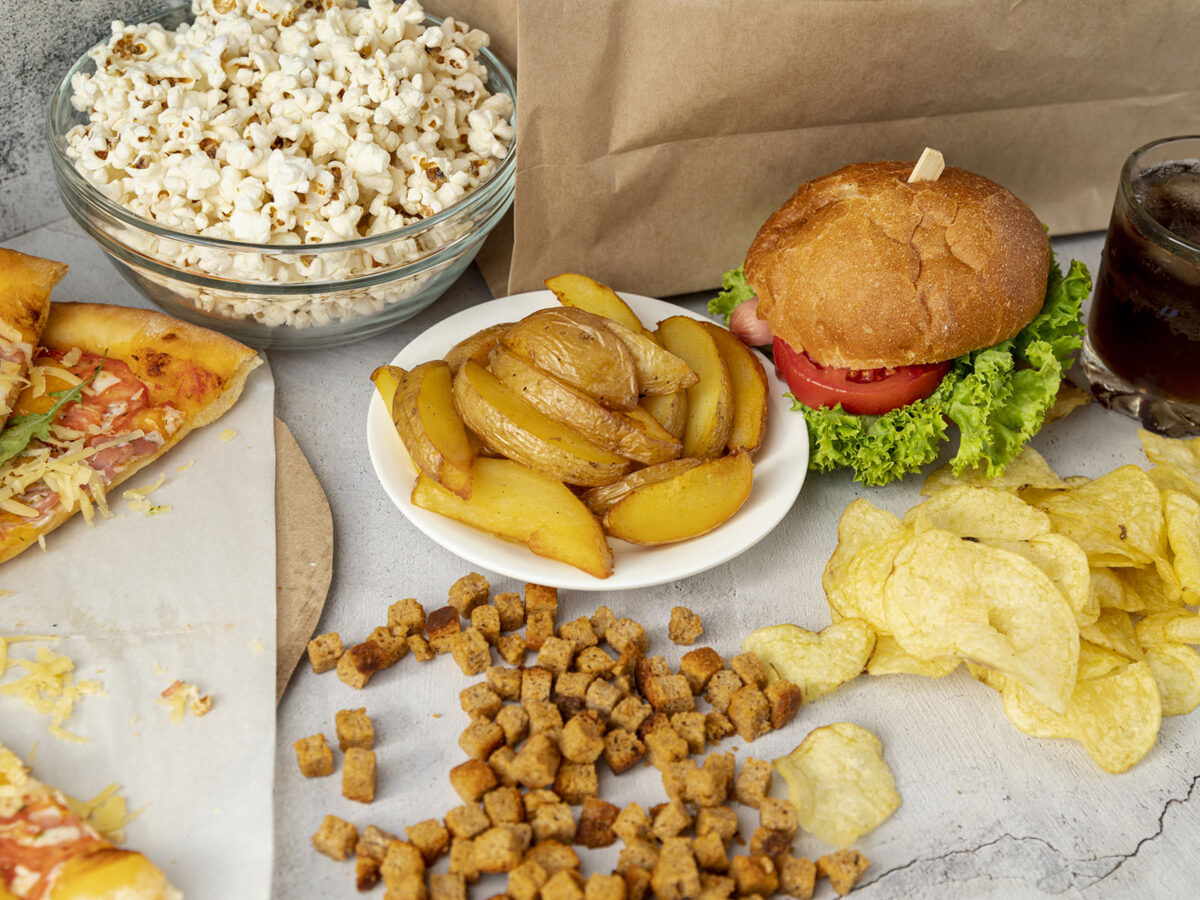Blog
Dental hygiene tips for healthy teeth & gums

Foods To Eat or Avoid After Tooth Extraction
Tooth extraction is a common dental procedure that may be necessary for various reasons, such as tooth decay, gum disease, trauma, or orthodontic treatment. After tooth extraction, following proper post-operative care, including dietary guidelines, is crucial to promote healing, prevent complications, and ensure optimal recovery.
Knowing what foods to eat and avoid after tooth extraction can significantly impact healing and help you return to normalcy faster. This article will discuss the recommended foods to eat and foods to avoid after tooth extraction to aid recovery.
Foods to Eat After Tooth Extraction
Following a tooth extraction, choosing soft, easy-to-chew, and nutrient-rich foods that do not require excessive chewing or cause irritation to the extraction site is essential. Here are some examples of foods that are typically recommended to eat after tooth extraction:
- Soft fruits and vegetables: Cooked or canned fruits and vegetables, mashed bananas, avocados, applesauce, and fruit smoothies are excellent options. They are rich in essential vitamins, minerals, and fiber, which can help support your immune system and promote healing.
- Protein-rich foods: Soft-cooked eggs, yogurt, cottage cheese, protein shakes, and pureed beans are good sources of protein that can aid in tissue repair and regeneration after tooth extraction.
- Liquid or pureed soups: Broth-based soups, pureed vegetable soups, and cream soups are nutritious options that can be easily consumed without much chewing. Avoid hot soups to prevent any burns.
- Soft grains: Cooked oatmeal, cream of wheat, mashed potatoes, and pasta are examples of soft grains that provide energy and can be easily swallowed.
- Soft, tender meats: Cooked and shredded chicken, fish, and ground meat are good protein sources and can be easily consumed without chewing.
Foods to Avoid After Tooth Extraction
In addition to knowing what foods to eat, it is equally important to know what foods to avoid after tooth extraction to prevent complications and promote healing. Here are some foods that are typically recommended to avoid after tooth extraction:
- Hard and crunchy foods: Hard candies, nuts, seeds, chips, and popcorn can be abrasive to the extraction site and may cause irritation or damage to the healing tissues.
- Chewy or sticky foods: Chewy candies, caramel, taffy, gummies, and dried fruits can get stuck in between the teeth and disrupt the healing process.
- Spicy or acidic foods: Spicy foods and acidic foods such as citrus fruits, tomatoes, and vinegar-based dressings may cause discomfort, stinging, or burning sensation around the teeth.
- Carbonated beverages: Carbonated beverages, including soda and sparkling water, should be avoided as the carbonation can create pressure in the mouth and potentially dislodge blood clots that form at the extraction site, leading to a condition called dry socket, which can be painful and delay healing.
- Alcohol and smoking: Alcohol and smoking can impair healing and increase the risk of complications after tooth extraction. It is essential to refrain from alcohol consumption and smoking during the recovery period.
- Hot foods and beverages: Hot foods and beverages can increase blood flow to the extraction site, potentially leading to bleeding or dislodging blood clots. Avoiding hot foods and drinks until the teeth and gums fully heal is recommended.
Some general eating tips to keep in mind after tooth extraction
- Start with clear liquids: In the immediate hours after tooth extraction, it is recommended to start with clear liquids such as water, broth, or clear juice to prevent dehydration and help soothe the mouth.
- Avoid using straws: Straws can create suction in the mouth, potentially dislodge blood clots and delay healing. It is best to avoid using straws for drinking after tooth extraction.
- Take small, slow bites: When you are ready to transition to soft foods, take small and slow bites to avoid putting excessive pressure on the teeth. Cut food into small pieces and chew carefully on the opposite side of the extraction site.
- Avoid excessive chewing: Minimize chewing on the side of the mouth where the tooth extraction has occurred to prevent irritation or damage to the gums and teeth. Opt for softer foods that require minimal chewing.
- Follow your dentist’s instructions: Every tooth extraction case is unique, and your dentist may provide specific dietary guidelines based on your condition. Following your dentist’s instructions and recommendations for optimal recovery is essential.
Lastly, proper nutrition plays a crucial role in the healing process after tooth extraction. Following a soft, nutrient-rich diet and avoiding foods that can potentially irritate or damage the extraction site is essential for promoting healing, preventing complications, and ensuring a smooth recovery.


